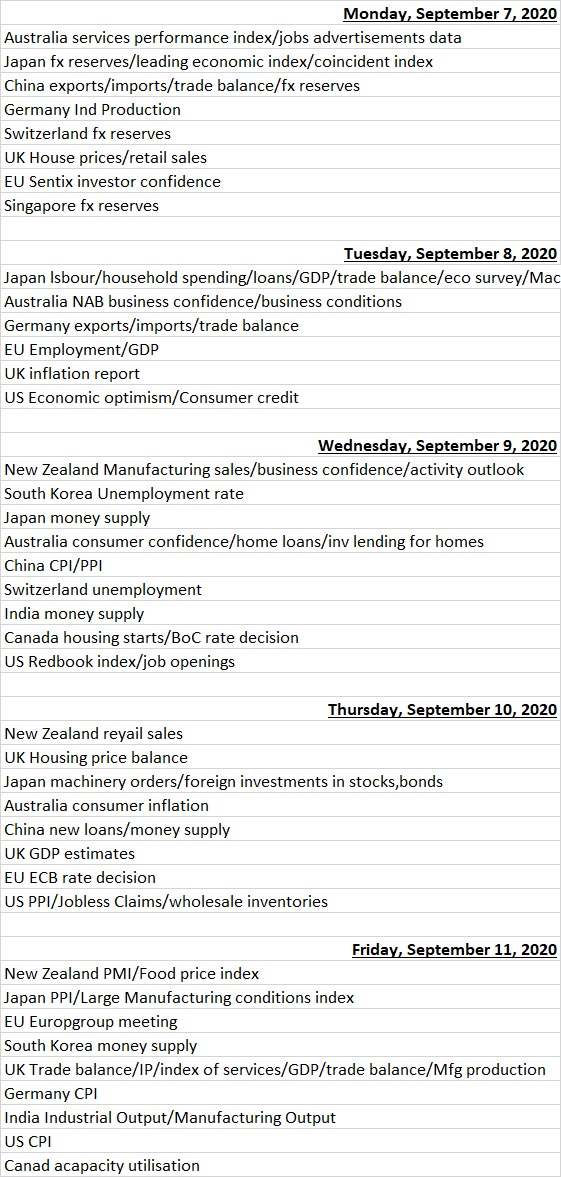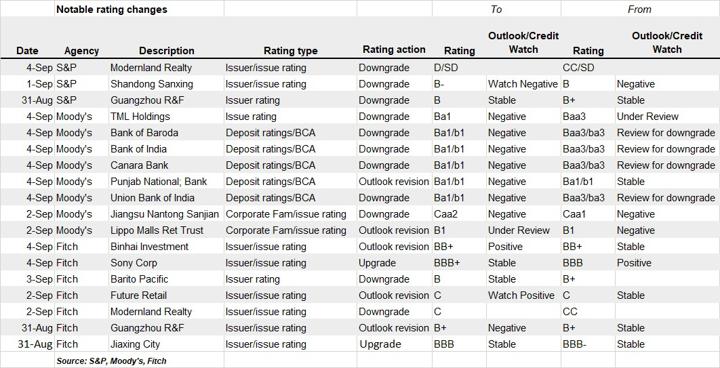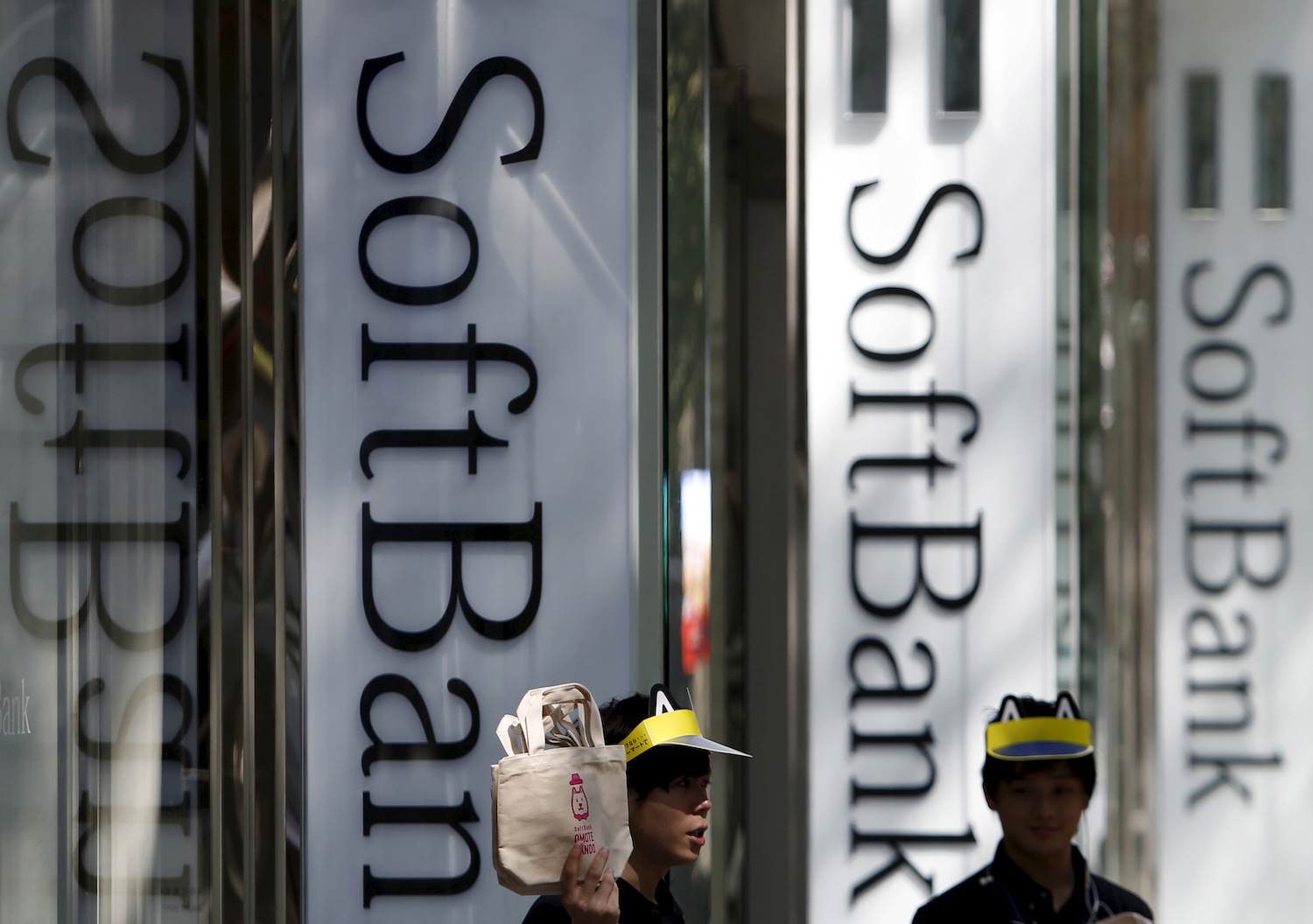(ATF) Economic events
Financial markets are set to open on a cautious note after stalled talks in Washington cast a cloud over a fresh coronavirus relief package, with worries that unwinding of transactions linked to SoftBank’s options trade in the tech sector could cause further correction in the market.
Last week, media reports said Japan’s SoftBank bought options tied to around $50 billion worth of individual tech stocks, which catapulted the sector to stratospheric heights.
Market sensitive data points like US inflation, China trade and foreign exchange reserves and ECB monetary policy decision will also be keenly awaited by investors.
For the Asia Pacific region, China and Taiwan will be in particular focus as recovery hopes for the region are dependent on trade flows picking up, having been curbed by pandemic supply chain disruptions and weak demand.
“We expect China’s exports growth to be 5.0% on a year-on-year basis in August (vs 7.2% year-on-year in July),” said Goldman Sachs economists in a note. “We expect imports growth to be -1.0% year-on-year in August (vs -1.4% year-on-year in July), or 0.3% month-over-month. The implied trade balance in August would be $47.3 billion, narrowing from a trade surplus of $62.3 billion in July.”
China’s forex reserves and inflation data are also due during the week and will be closely monitored.
Morgan Stanley expects forex reserves to show a rise to $3,167 billion in August (vs $3,154 billion in July), supported by a mildly positive valuation effect, elevated trade surplus and improved capital flows.
It expects China’s headline CPI likely slipped to 2.3% on year to in August (vs 2.7% in July), as moderating food inflation with a high base in pork would take hold.
The crucial total social financing data could be released anytime during the September 10-15 window and it is expected to show a reading of 2.5 trillion yuan in August versus 1.694 trillion in July.
“The key driver would be reaccelerated govt bond issuance, which doubled to 1.2 trillion in August versus a monthly average of 600 billion in June-July, facilitated by increased PBoC liquidity injection in the month. This may have offset the possibly weaker bank loans and shadow bank financing due to recent policy tightening on property developers’ financing,” Morgan Stanley analysts said in a note.
Elsewhere, the latest ECB monetary policy decision will be eagerly awaited for clues as to the possibility of further stimulus later this year amid signs of falling prices and hints of a stumbling recovery as Italy and Spain tightened lockdowns, Chris Williamson, Chief Business Economist at IHS Markit, said.
Fund flows
EM bond funds saw major inflows from yield hungry investors wary of a tech-fuelled rally that is losing steam, data for the week to September 2 from funds tracker EPFR showed.
And emerging market equity funds posted their 30th outflows since February as worried about global trade forced investors to curtail exposure. India and South Korea were shunned over resurgence in infections. India Equity Funds recorded their biggest outflows since mid-June and flows to Korea Equity Funds, which had been on a positive trajectory over the past month, turned negative again, EPFR said.
Even though US markets posted successive new highs, investors were not convinced about the tenacity of the rally and they voted with their feet. Developed Markets Equity Funds chalked up their fifth outflow in the past seven weeks as redemptions from US, Canada and Japan Equity Funds offset positive flows for Europe and Global Equity Funds.
Japan’s political uncertainty was playing out among investors and it was one of the groups that posted the biggest drop year-to-date in the average allocation among Global Equity Funds.
“Investors are expecting a ‘caretaker’ successor who will maintain Abe’s broadly reformist, stimulatory policies until the next general election when one of the younger generation of lawmakers may make their move,” Cameron Brandt, EPFR’s research director said.
But Bond Funds drew $22 billion to take the year-to-date pile to over $175 billion which included Emerging Markets Bond Funds posting their biggest weekly inflow in over 17 months. In an acknowledgement of economic recovery EM Bond Funds have exceeded those for High Yield Bond Funds for four straight weeks for the first time since March.
“Global EM debt funds enjoyed their largest inflow since Feb 2019, and have added 2.4% to their AUM over the last 9 weeks, spurred by the broad US dollar weakness,” BofA Securities analysts said in a note.
Economic data calendar


Last week’s rating changes

























